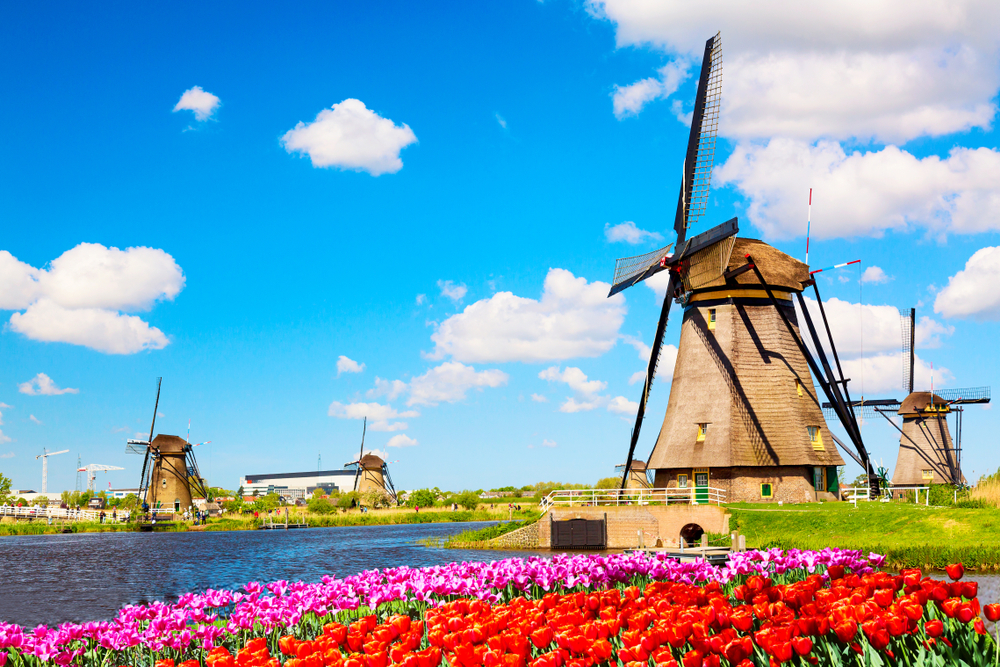It’s time we start making wise decisions to feed billions of people in 2050 by giving value to our food. Let’s have a look at how it reaches you right now in the first place. A banana comes all the way from Costa Rica, by ship. This can take 40 days before it reaches the supermarkets, and then it also can take a couple of days before the banana gets picked up by you. The supermarkets need to encourage customers to choose the ripened bananas first. But who wants to take home a foul fruit?

The process of growing food and transporting it to faraway places needs to be changed for the betterment of humanity. It requires immediate action to be taken by our government. We can start by taking little steps at a time. How about we have robotic farmers in our fields, working for us growing our food? As our farmers spend hours in the fields, sitting in their tractors. Instead, they can be doing something more productive.
The Small Robot Company has designed three robots, Tom is responsible for taking images in the fields, after consideration which are sent to Dick, who is going to analyze which area in fields is to be sprayed exactly, in order to save resources. Harry is then going to plant. The robots can do it better than humans and with greater efficiency and wasting fewer resources.
Another way to avoid the shortage of food is by not letting the food go waste, as researches have shown how a large amount of food goes wasted every single day. United Nations state, An estimated third of all food that comes into existence ends up in the bins. The Netherlands is the second biggest exporter of agricultural products, yet facing the biggest waste problems as well. Some people are raising their voices and suggesting different ideas in order to spread awareness among people, but the app ‘too good to go‘ is selling the food, which is meant to go to bins, to retailers at a lower price. This eventually reduces the amount of food that goes wasted.
If you start spending time with your farmers and consumers only, then you are going to find out the difference between our current ways of growing food isn’t really practical. We also need to take action as an individual because little changes bring revolutions. Our business leaders, politicians, governments are coming together just to make sure we have enough food in the future.







